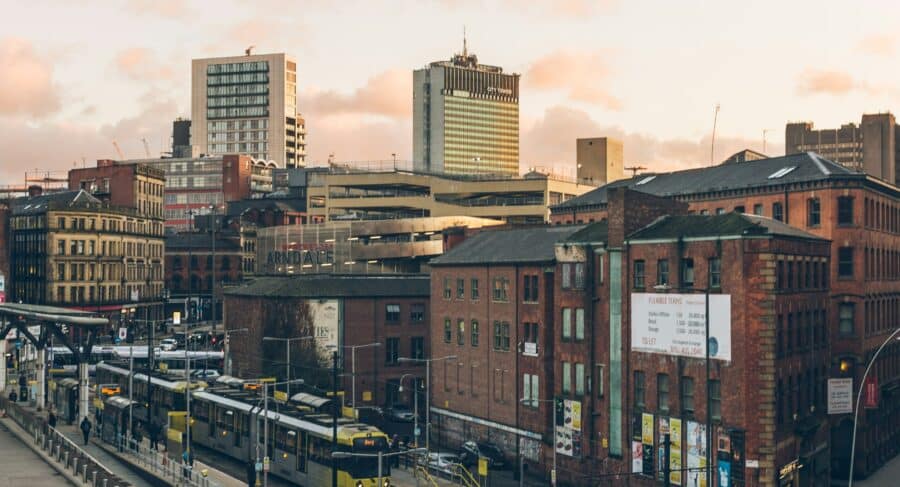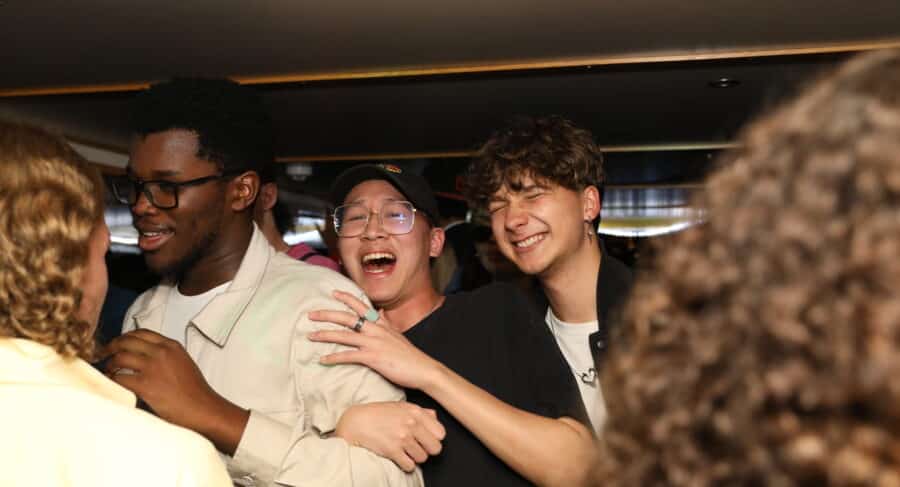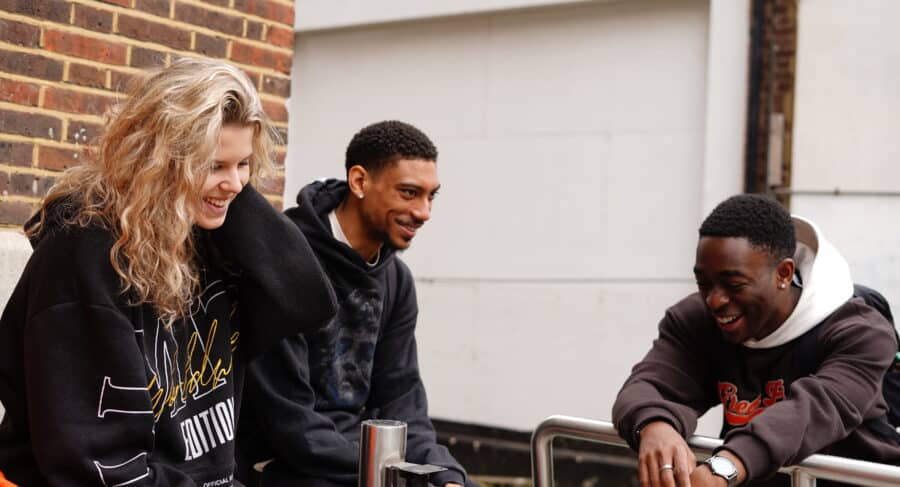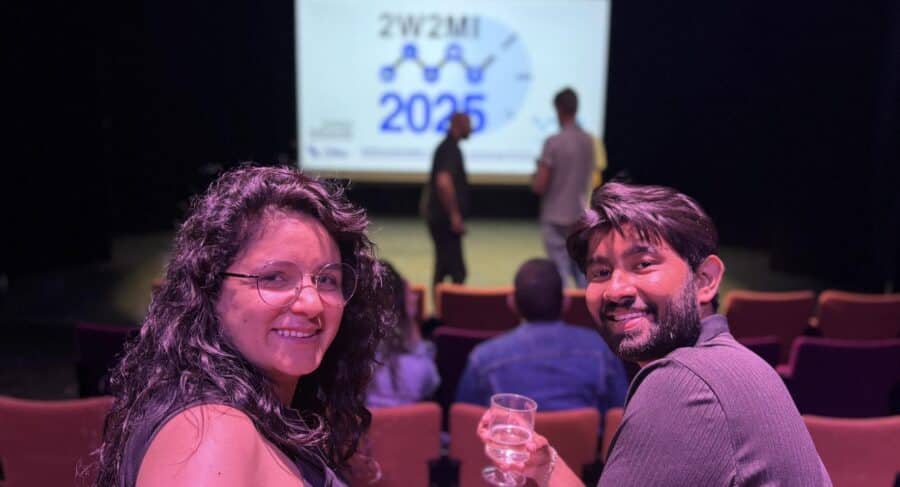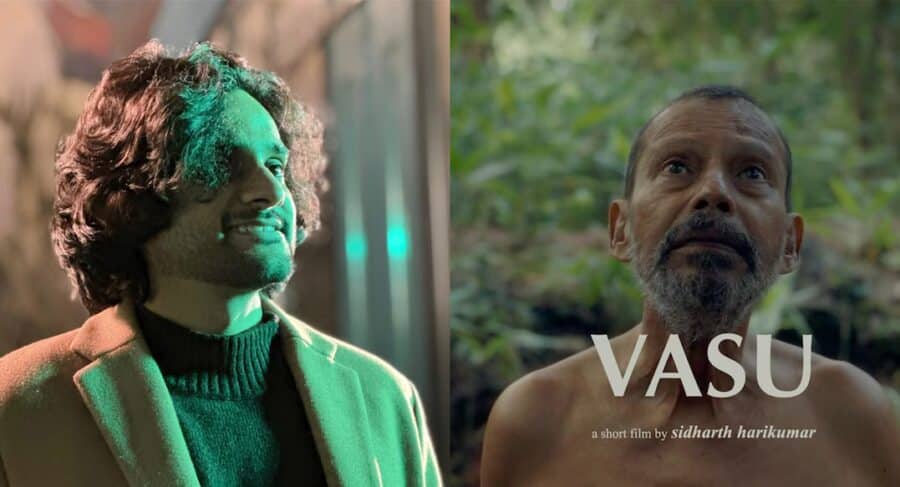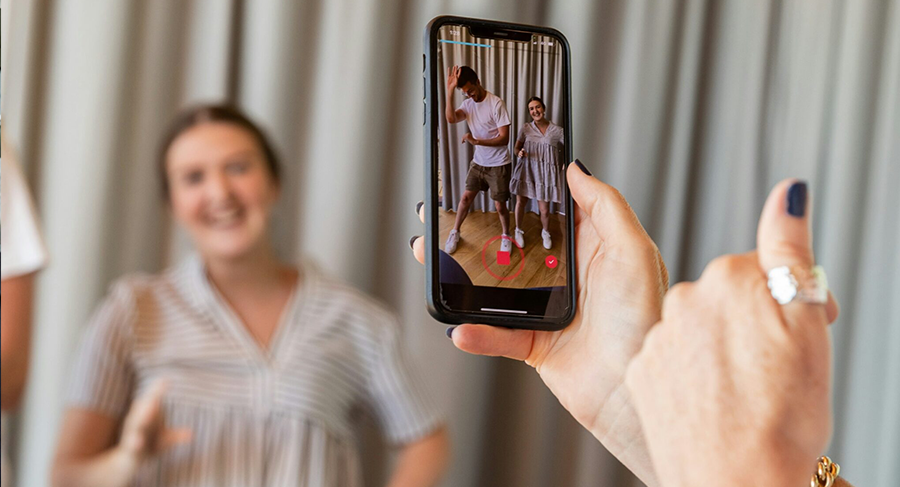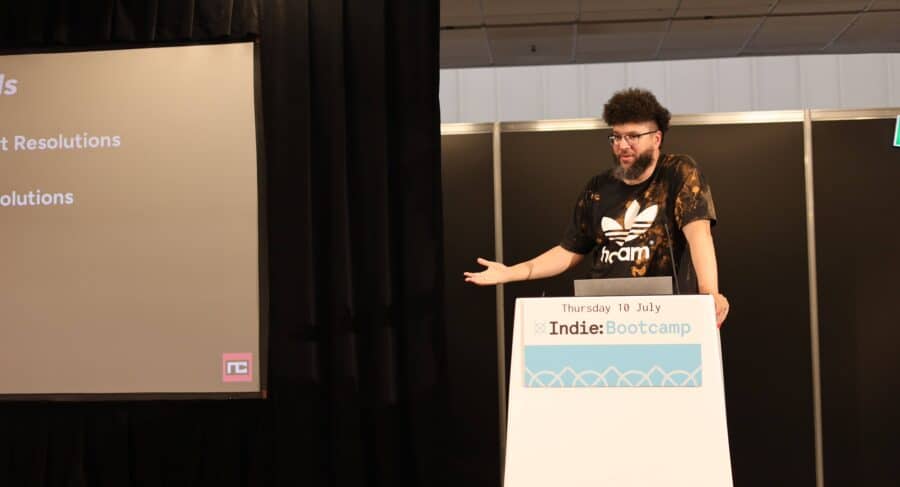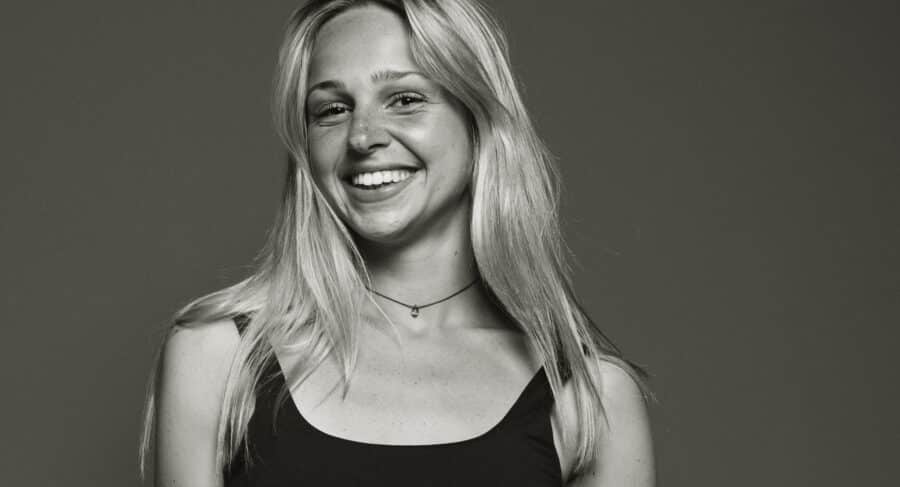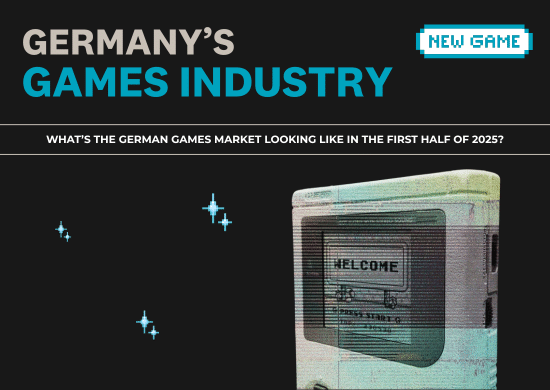Alec Chalmers brings Unreal Fellowship experience to MetStudios
By MetStudios
27 August 2025
When it comes to teaching games art and technology, staying ahead of industry shifts is essential. That’s why Alec Chalmers, Course Leader for our BA (Hons) Games Art and Technology degree in Brighton, jumped at the chance to join Epic Games’ Unreal Fellowship, a three-week intensive designed to push professionals to the cutting edge of real-time development.
In this interview, Alec shares what it was like to learn directly from Epic Games, the breakthroughs he’s most excited to bring into the classroom, and why playable prototypes are the key to building confident, industry-ready graduates.
Can you tell us a bit about what the Unreal Fellowship is and why you were interested in taking part?
The Unreal Games Fellowship is an industry-focused program developed by Epic Games, designed to rapidly upskill professionals in all aspects of Unreal Engine game development – from systems and animation to worldbuilding and gameplay programming. I joined because I wanted to sharpen my technical fluency and bring the most current, studio-ready workflows back into the classroom. The games industry moves fast, and this was a way to stay ahead of the curve while connecting with developers from across the world.
What did a typical day during the Fellowship look like?
The schedule was full-on, with daily live sessions, technical workshops, and project milestones. Each day tackled a new area: gameplay systems, animation blueprints, world partitioning, materials, and more. You work on your own game ideas during the evening. It felt like a compressed game jam running for three straight weeks: highly structured, but with space to experiment and iterate.
Were there specific modules or challenges during the three weeks that stood out to you?
The gameplay framework work was a highlight. We built mechanics from the ground up using Blueprints and C++, with a focus on scalable design – something that mirrors how real studios approach prototyping. I also really valued the animation and control rig sessions, which pushed me to think about how technical and artistic pipelines merge in character setup. The final challenge (producing a working vertical slice in Unreal) pulled everything together and forced rapid iteration under pressure.
Unreal Engine is transforming industries from gaming to film and beyond. What developments during the Fellowship felt most relevant to our students?
One of the most relevant developments was the introduction of Unreal Engine’s PCG (Procedural Content Generation) framework. It’s a powerful toolset that enables artists and designers to build complex, rule-based environments with speed and flexibility. For our students, this represents a real shift in how they can approach worldbuilding – it’s no longer about hand-placing every asset, but designing systems that generate content dynamically.
How do you think this experience has influenced your own creative practice?
It’s shifted the way I think about scope and systems. Instead of thinking linearly (concept, model, texture, rig) I now prioritise testing in-engine earlier, using greyboxes, live materials, and gameplay hooks to validate ideas before committing to polish. The Fellowship gave me new ways to prototype quickly and evaluate ideas in a live context, which has made my personal projects much more responsive and fun to work on.
Are there specific tools, workflows, or philosophies from the Fellowship you’re excited to embed into the curriculum?
Absolutely! Especially modular systems design, animation blueprint structure, and environment streaming via World Partition. The Fellowship reinforced the idea that students need to work in production-aware ways, not just make pretty things in isolation.
I’m also redesigning parts of our curriculum to be more studio-like in structure. That means multi-week sprints where students plan, block out, and iterate on features, not just assets. It also means encouraging collaboration between art and design students using source control, shared prototypes, and real briefs. I’ve also started building a library of Fellowship-inspired tutorials and scene templates to give students a faster on-ramp into gameplay prototyping.
In general, the Fellowship reaffirmed the value of playable prototypes. Too often in education we delay interactivity, but students should be working in-engine from the start. By doing so, they learn what’s feasible, what breaks, and what excites players. That’s where real growth happens.
Did the Fellowship highlight any gaps or trends in the industry that we can now better prepare students for?
Yes: the growing expectation that juniors arrive with a basic understanding of systemic thinking. It’s no longer enough to make a character or level that looks good; you need to understand how it fits into a living system. The industry wants designers and artists who can think modularly, optimise creatively, and debug their own work. That’s something we want to reinforce now.
What would you say to students who might be intimidated by learning real-time tools or virtual production techniques?
Start small and stay curious. Unreal Engine can feel overwhelming, but every expert started with a blank project. Learn by making something fun and broken, and then fix it. You don’t need to master everything at once. Focus on one system, one effect, one mechanic, and build from there. The engine rewards experimentation, and the more you play, the faster you learn.
Alec’s experience at the Unreal Fellowship shows just how fast the games industry is evolving, and how MetStudios is ensuring our students evolve with it. By weaving cutting-edge workflows, production-aware teaching, and a “learn by doing” philosophy into the curriculum, Alec and the team are preparing the next generation of developers, artists, and designers for careers in a sector that thrives on innovation.
Discover MetStudios for yourself at an upcoming Open Day or find out more about our courses here.


